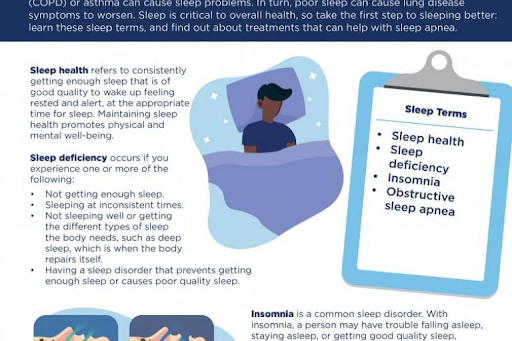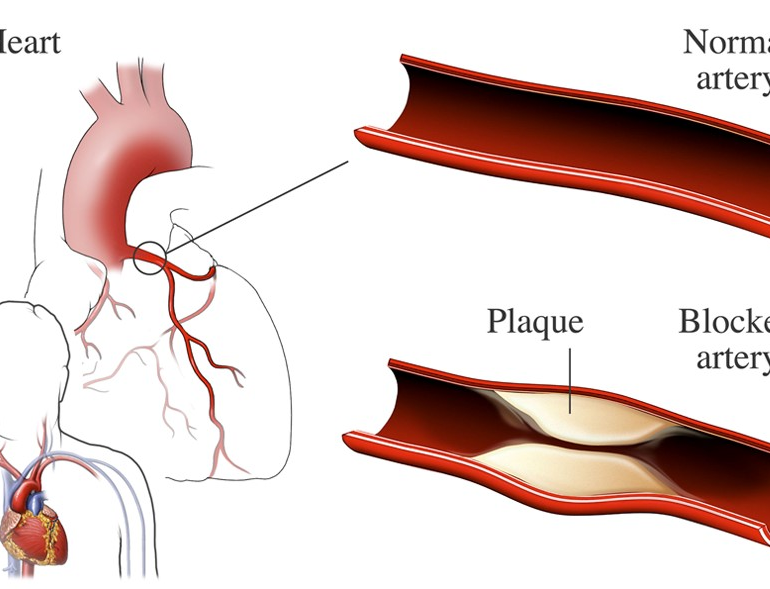Healthy sleep is essential for overall well-being and optimal physical and mental functioning. It plays a crucial role in various bodily functions, including memory consolidation, immune function, metabolism, mood regulation, and cardiovascular health. Here are some key components of healthy sleep:
Duration:
- Adults: Most adults require 7-9 hours of sleep per night for optimal health and functioning.
- Children and adolescents: Children and teenagers typically need more sleep than adults, with recommendations ranging from 9-14 hours per night depending on age.
Quality:
- Sleep quality is just as important as sleep duration. Quality sleep involves uninterrupted, restorative sleep cycles that include both non-REM (rapid eye movement) and REM stages.
- Factors that can affect sleep quality include sleep disorders (such as sleep apnea, insomnia, or restless legs syndrome), environmental factors (such as noise, light, temperature, and comfort), and lifestyle habits (such as caffeine or alcohol consumption, screen time before bed, and irregular sleep schedules).
Consistency:
- Consistency in sleep-wake schedules helps regulate the body’s internal clock (circadian rhythm) and promotes better sleep quality and overall health.
- Going to bed and waking up at the same time each day, even on weekends, can help establish a regular sleep pattern.
Sleep Environment:
- Create a sleep-friendly environment that is quiet, dark, cool, and comfortable.
- Use comfortable bedding and a supportive mattress and pillows to promote relaxation and minimize discomfort.
Sleep Hygiene:
- Practice good sleep hygiene habits, such as:
- Limiting caffeine and alcohol intake, especially in the hours leading up to bedtime.
- Avoiding heavy meals, large amounts of fluid, and stimulating activities close to bedtime.
- Establishing a relaxing bedtime routine to signal to the body that it’s time to wind down.
- Limiting exposure to screens (such as smartphones, tablets, computers, and TVs) before bed, as the blue light emitted by screens can interfere with the body’s natural sleep-wake cycle.
- Creating a calm and comfortable sleep environment free from distractions.
Physical Activity:
Regular physical activity can promote better sleep quality and help regulate the sleep-wake cycle. Aim for at least 30 minutes of moderate-intensity exercise most days of the week, but avoid vigorous exercise too close to bedtime, as it may be stimulating.
Seeking Help:
If you consistently experience difficulties falling asleep, staying asleep, or waking up feeling unrefreshed despite adequate sleep duration, consider seeking help from a healthcare professional. They can assess your sleep habits, identify any underlying sleep disorders or health conditions, and recommend appropriate interventions or treatments.
Prioritizing healthy sleep habits is essential for maintaining physical and mental well-being, improving cognitive function, enhancing mood, and reducing the risk of various health problems. By making sleep a priority and adopting healthy sleep habits, you can optimize your overall health and quality of life.
Healthy sleep is essential for overall health and well-being, playing a critical role in physical, mental, and emotional functioning. Good sleep hygiene practices can help promote restful and rejuvenating sleep. Here are some key components of healthy sleep:
- Consistent Sleep Schedule: Maintain a regular sleep-wake schedule by going to bed and waking up at the same time every day, even on weekends. Consistency helps regulate your body’s internal clock and promotes better sleep quality.
- Create a Relaxing Sleep Environment: Make your bedroom conducive to sleep by keeping it cool, dark, quiet, and comfortable. Consider using blackout curtains, earplugs, white noise machines, or fans to block out disruptive noises and light.
- Limit Exposure to Screens: Minimize exposure to electronic devices such as smartphones, tablets, computers, and TVs before bedtime. The blue light emitted by screens can interfere with the production of melatonin, a hormone that regulates sleep-wake cycles.
- Wind Down Before Bed: Establish a relaxing bedtime routine to signal to your body that it’s time to unwind and prepare for sleep. Engage in calming activities such as reading, taking a warm bath, practicing relaxation techniques (e.g., deep breathing, meditation, progressive muscle relaxation), or gentle stretching.
- Watch Your Diet and Fluid Intake: Avoid heavy meals, caffeine, nicotine, and alcohol close to bedtime, as they can disrupt sleep patterns. Opt for lighter, easily digestible snacks if you’re hungry before bed, and limit fluid intake to reduce the need for nighttime bathroom trips.
- Get Regular Exercise: Engage in regular physical activity during the day, but avoid vigorous exercise close to bedtime, as it can be stimulating and interfere with sleep. Aim for at least 30 minutes of moderate-intensity exercise most days of the week.
- Manage Stress: Practice stress management techniques to help reduce anxiety and promote relaxation, such as mindfulness meditation, yoga, journaling, or talking to a trusted friend or counselor.
- Address Sleep Disorders: If you experience persistent sleep problems such as insomnia, sleep apnea, restless legs syndrome, or other sleep disorders, seek evaluation and treatment from a healthcare professional.
By incorporating these healthy sleep habits into your daily routine, you can improve the quality and duration of your sleep, enhance daytime alertness and performance, and support overall health and well-being. If sleep problems persist despite adopting good sleep hygiene practices, consult with a healthcare provider for further evaluation and guidance.
Link:
https://www.nhlbi.nih.gov/files/docs/public/sleep/healthy_sleep.pdf#




